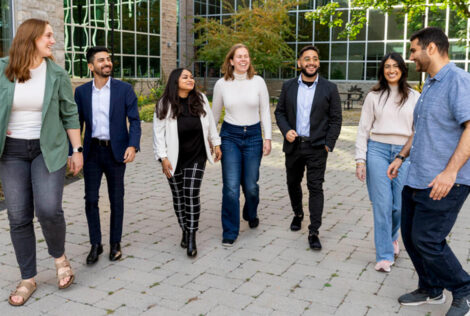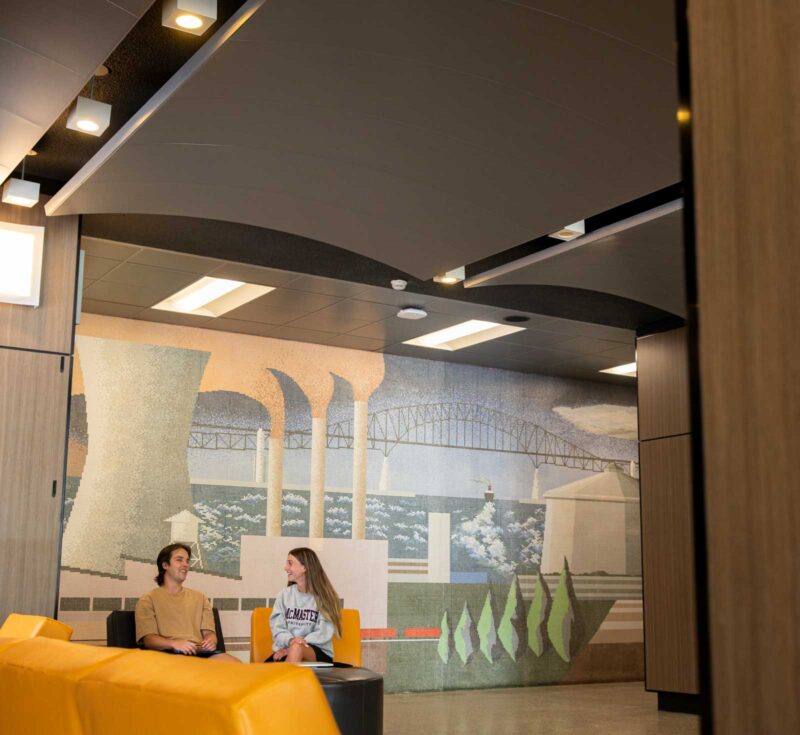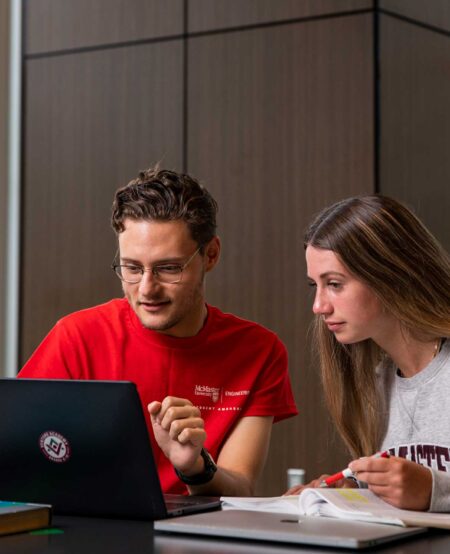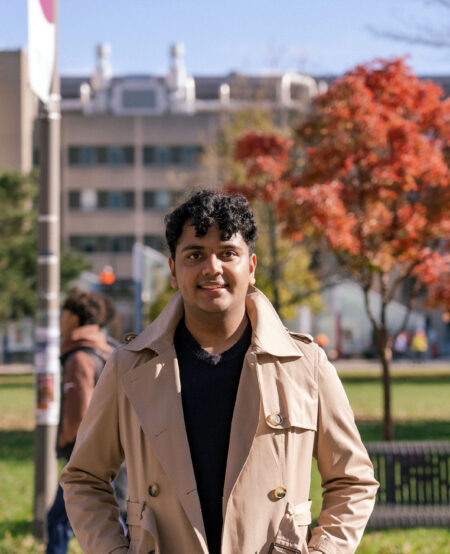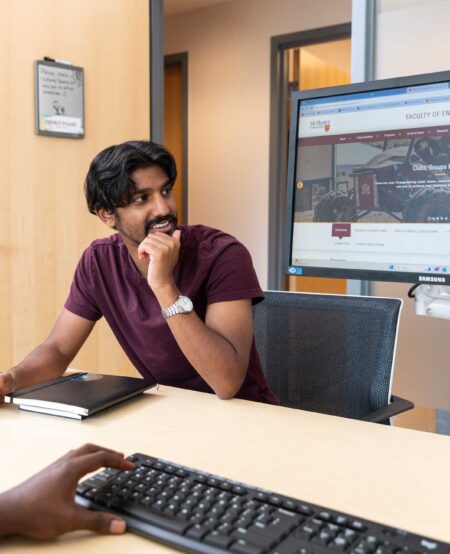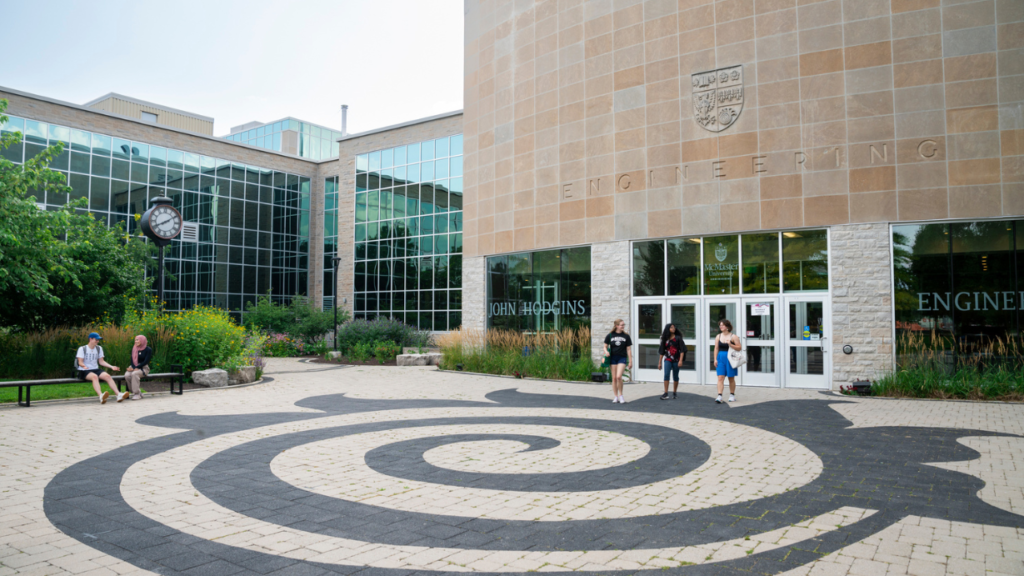Author: Mahmoodreza Raoufi, 2024
Abstract:
This study examines the impact of policies on converting office buildings to residential use in four Canadian cities: Calgary (AB), London (ON), Kitchener (ON), and Richmond Hill (ON). Using a two-phase methodology, the research first assesses the feasibility of office-to-residential conversions at a macro level through a quantitative analysis of office vacancy rates and housing demand, utilizing real estate reports, census data, and municipal publications. The second phase involves qualitatively evaluating municipal policies through interviews, structured written questions, and secondary data from municipal sources. The study identifies significant differences in policy effectiveness and challenges across cities, including variations in vacancy rates, regulatory hurdles, and available incentives. Results show that Calgary and London have robust policies and financial incentives supporting conversions, as these align with their long-term strategic plans.
In contrast, Kitchener lacks formal frameworks, despite its high office vacancy rate. In Richmond Hill, the limited number of vacant offices makes conversions impractical. The study concludes with recommendations for expanding funding, removing zoning barriers, and tailoring policies to address current and future housing needs. This research contributes to the understanding of office-to-residential conversions and provides insights for improving policy effectiveness in urban revitalization efforts.
